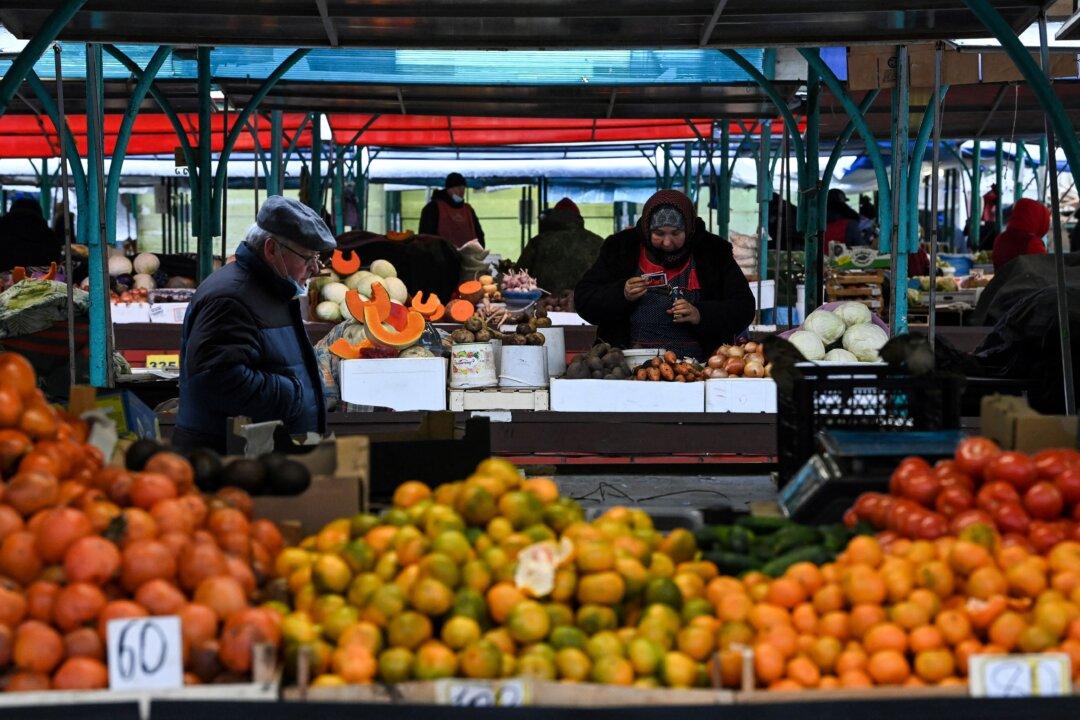Chinese people in Russia complained that the war has caused an economic recession. The turmoil has caused chaotic schemes with people lining up to withdraw cash and to shop for goods, and the regime is arresting protesters who are against the war.
They said that locals were angry about the negative consequences of the invasion of Ukraine, and continue to protest.





